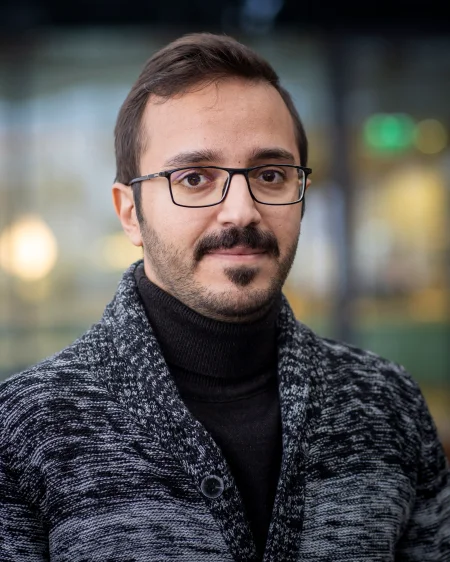Project: Context-aware knowledge retrieval from KGs for technical support thinking assistant
Description
Background:
Knowledge Graphs (KGs) are structured representations of knowledge, that organize information in a graph-based format, where entities (nodes) and the relationships between them (edges) represent facts in an interconnected network. This graph-based structure enables encoding complex interrelationships and semantic information, making it an efficient way to store, manage, and retrieve knowledge. Integrating KGs with large language models (LLM) can revolutionize technical support systems by enhancing data management and retrieval capabilities. One of the promising collaborations between these two frameworks is the so-called GraphRAG applications that can facilitate retrieving knowledge from KGs and enriching answers from a pre-trained LLM-based question answering system.
Much research has been conducted recently in GraphRAG, using different approaches to improve the relevancy of the retrieved knowledge and subsequently generate more accurate answers to the provided question. Xu et al. highlight the potential of KGs in enhancing customer service question answering by integrating them with retrieval augmented generation (RAG) models, which utilize vector embeddings to improve retrieval accuracy and answer quality in their paper [1]. They construct a KG from historical issues, preserving intra-issue structure and inter-issue relations, which significantly enhances the retrieval performance by retaining crucial context and relationships within the data. Edge et al. presented a GraphRAG approach that leverages community detection algorithms to partition graphs into modular communities of closely related nodes, allowing for efficient summarization and retrieval [2] . These studies underscore the potential of GraphRAG models to significantly enhance the efficiency and effectiveness of retrieved knowledge for the user based on their questions.
Proposal:
This thesis explores the development and implementation of a KG-based knowledge retrieval framework tailored for technical support in the food processing sector (Marel). The focus is mainly on data management on KGs, entity discovery, and knowledge retrieval phases. The research also aims to address open questions, such as how the completeness or size of the KG can influence the relevancy of retrieved knowledge and generated answers in an industrial domain, and/or how the question intention can impact the chosen retrieval approach. These open questions are crucial for further investigation and have the potential to impact the effectiveness of the proposed framework.
Objectives And Outcomes:
- A literature review to identify potential challenges and limitations in implementing knowledge retrieval from KGs to enrich LLMs answers.
- A functional prototype of a KG-based knowledge retrieval framework for a technical support thinking assistant system.
- Improved accuracy and relevance of responses to user questions and the context-awareness of knowledge retrieval capabilities.
About Marel:
Marel is a global company specializing in advanced food processing equipment and systems for the poultry, meat, and fish industries. It offers a comprehensive range of solutions for various stages of food production. Marel's technologies and automation solutions are designed to enhance efficiency, improve product quality, and ensure food safety. It also provides software solutions and data analytics services to help food processors monitor and optimize their operations. With a strong emphasis on innovation and sustainability, Marel collaborates with industry partners to drive advancements in food processing methods.
References:
[1] Xu, Z., Cruz, M. J., Guevara, M., Wang, T., Deshpande, M., Wang, X., & Li, Z. (2024). Retrieval-Augmented Generation with Knowledge Graphs for Customer Service Question Answering. In Proceedings of the 47th International ACM SIGIR Conference on Research and Development in Information Retrieval (SIGIR '24), Washington, DC, USA. ACM.
[2] Edge, D., Trinh, H., Cheng, N., Bradley, J., Chao, A., Mody, A., Truitt, S., & Larson, J. (2024). From Local to Global: A Graph RAG Approach to Query-Focused Summarization. arXiv preprint arXiv:2404.16130
Details
- Supervisor
-
 Nick Yakovets
Nick Yakovets
- Secondary supervisor
-
 Sepehr Sadoughi
Sepehr Sadoughi
- External location
- Marel, Boxmeer
- Interested?
- Get in contact